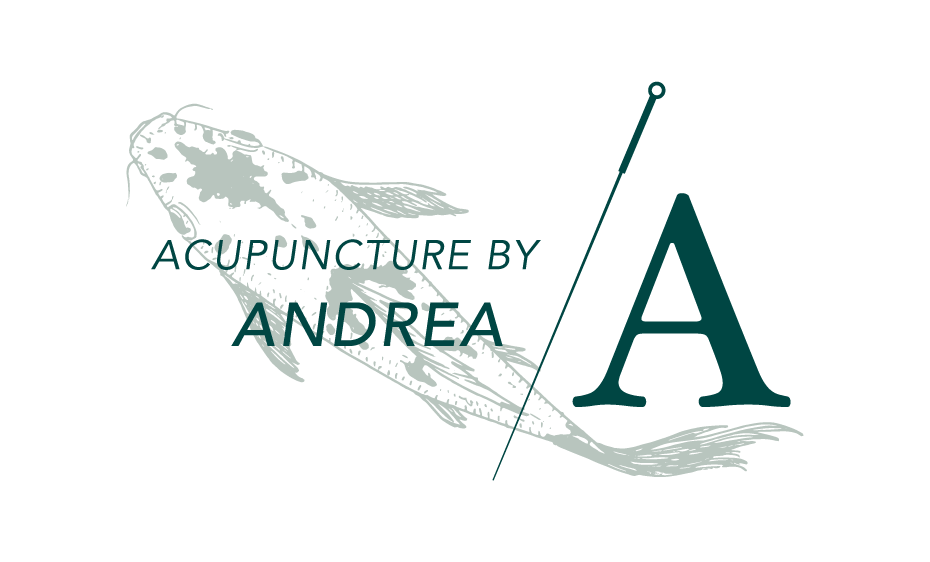The Liver And The Smooth Flow Of Qi
Life is good! You’re feeling the flow, everything is going according to your hopes, plans, and desires. You feel like water steadily flowing down a familiar course, bubbly, happy, unobstructed.
Or maybe you are stressed, feeling stuck—everything is off the rails or quickly headed in that direction. Your mood is foul, your temper is short, and it all seems a bit off.
Why are My Emotions So Unbalanced?
On the right track or not loving your life, it’s all about your liver. Your emotions and your life outlook are directly related to your liver function. Traditional Chinese Medicine (TCM) sees the body and the mind as a unified system, with the understanding that your emotions directly affect and are affected by, your physical health. TCM has focused an extraordinary amount of energy and time on the liver and its many functions. The liver performs over 400 bodily operations daily, from regulating emotions and aiding in digestion to circulating blood and assisting in reproductive health. Through interactions with other organs such as the lungs, the kidneys, and the heart, the liver regulates and maintains many of your body’s health and wellness systems.
The liver guarantees the smooth flow of qi/energy in your body. To ensure this flow, the liver partners with all of the other organs and their functions, including emotions such as anger. When the liver is compromised, the other organs can easily become stuck and fail to perform their duties, creating an overall imbalance and the desperate feeling that nothing is going right in your life.
In a “which came first”, chicken or the egg scenario, emotions affect the liver and its movement, and lack of movement can affect one’s emotional state. Depression, irritability, and tension are the results of liver flow blockage over a long period of time. Blocked liver qi manifests in your life as frustration and issues such as long-term stress related to work, relationships or living conditions can affect other organs and mimic the emotions that characterize them. These stressors can affect the spleen, the lungs and the kidneys if they persist for too long, and we begin to see secondary side effects such as fatigue or digestive complaints when the spleen is compromised; skin issues, if the lung is involved; and when the kidneys are fatigued by a stagnant liver we continue to see lack of blood flow, lowered libido and low back pain.
Once stagnant, the liver becomes trapped in a cycle of constant resentment, repressed anger, and depression. These become our daily emotions and “who we are”. These feelings tend to stick in the chest, under the ribcage, abdomen, and throat. To a Western medicine practitioner, these symptoms may be overlooked as just emotional issues, and/or mislabeled as a musculoskeletal disfunction.
Letting Go With Acupuncture
At the Acupuncture by Andrea office, I will ask you questions to guide my diagnosis in treating your liver. By accessing acupuncture points on various areas of the body, we can send a signal to the brain, then to the liver, to relax. Generally, patients can feel a softening of their emotions during this treatment. This is the outcome we want, to let the liver soften, loosen, and let go.
We can assist the healing nature of acupuncture through dietary and herbal additions. There are many herbal formulas used to smooth and distribute liver qi. Because liver qi stagnation affects all the other organs, the formulas usually focus on the secondary issues the stagnant liver has caused. One patient may complain of dry eyes and a tense feeling in their ribcage or sides of the body. Another patient can't sleep and has menstrual issues. And yet another has headaches and acne. These are all direct and indirect issues that have arisen from stagnation and herbal formulas are patented to address the multiple complaints.
The lungs are usually responsible for sadness, but the liver affects this emotion, too. Sadness and chest congestion combined with liver stagnation alter our mental capacity as heat collects from lack of movement, resulting in dryness in the sinuses and respiratory areas. The yin organs responsible for moistness in the body then become dysfunctional, the tendons and ligaments contract and ribcage pain and chest tightness result. This is an example of the liver’s relationship to and effect on, all of the other organs in your body.
Have you ever had a lump in your throat when you were nervous or frighted? One of the side effects of liver stagnation is this lump in the throat feeling, called plum pit qi. You may feel a sensation like a small stone is lodged in your throat and it is difficult to swallow. This sensation ALWAYS surrounds an emotional issue, coming and going like the wind and as fleeting as our feelings sometimes are.
Your treatment at Acupuncture by Andrea will ensure your liver functions properly and your emotions stabilize so you can live your best life full of Happiness Goodness and Wellness.
Be Good to Your Liver
Chinese medicine is built on the foundation that a poor diet and unregulated emotions are the root cause of our emotional, mental, and physical health problems. Because the liver is responsible for processing our emotions, and this process is slowly denigrated by continuous stressors such as unhealthy food and repressed emotions, when we overtax the liver, we see a decline in health and an increase in emotional instability.
The foods we consume have a direct effect on the liver’s maintenance of our vitality and emotional stability. What we put into our bodies will contribute to their healthy functioning or inhibit their ability to regulate the vital flow of nutrients.
Foods that assist in liver health
Artichokes
Apples
Black sesame seeds
Cherries
Lemons
Onions
Oysters
Poultry
Radishes
Red Wine
Vinegar
Watermelon
Foods that may weaken liver function
Excessive amounts of Alcohol
Caffeine
Sour foods
Very fatty or greasy foods
Excessive amounts of nuts
Overeating in general
Turmeric, basil, mint, ginger, lemon, cumin, fennel, and horseradish are some herbs that work well with liver qi stagnation. A little bit of wine or vinegar will also help to move the liver. Teas that are useful for regulating digestion also help soothe the liver. Try chrysanthemum for allergy relief, chamomile for sleep and calming effect, and peppermint to aid in digestion.
Excessively spicy foods and excessive amounts of coffee, alcohol or other stimulating drinks may cause liver qi stagnation to worsen into another syndrome called liver fire and therefore should be avoided.
Consult your Chinese medicine practitioner for foods recommended to intake or avoid for your specific health needs.
Do your emotions rule your life? Have you tried acupuncture treatments to find relief and get your flow going? Let us know about your experience with emotional health and Traditional Chinese Medicine.


